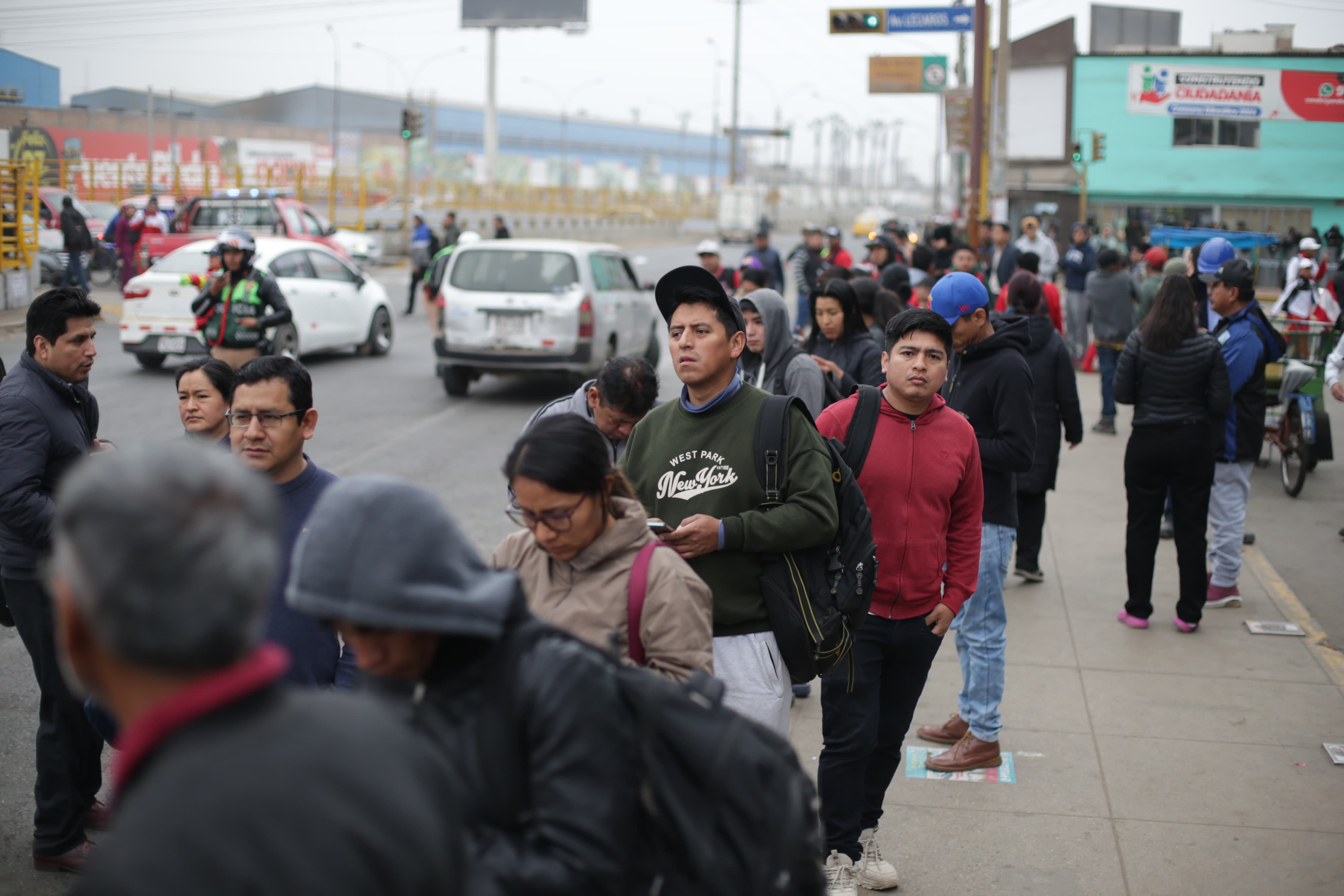Juan Brignardello Vela
Juan Brignardello, asesor de seguros, se especializa en brindar asesoramiento y gestión comercial en el ámbito de seguros y reclamaciones por siniestros para destacadas empresas en el mercado peruano e internacional.




The Gaza Strip has experienced a respite amid the violence that has plagued it for months, after the Israeli army announced a pause in its operations in a southern area of Gaza. This decision aimed to allow more humanitarian aid to enter the Palestinian territory, marking a temporary change in the intensity of the clashes that have left a trail of destruction and suffering in the region. After eight long months of constant bombardments, Gaza was able to experience a day characterized by relative calm compared to previous days. Although some bombings were reported in neighborhoods of Gaza City and artillery fire in Rafah, in the southern territory where operations continue, there was a decrease in the intensity of the violence that has shaken the region. The tactical pause announced by the Israeli army covered a specific schedule from 08:00 to 19:00 every day, from southern Israel to northern Gaza. This measure was adopted with the aim of increasing the volume of humanitarian aid reaching Gaza, following discussions with the UN and other international organizations seeking to alleviate the severe humanitarian crisis facing the Palestinian population in the region. Despite this announced pause, the Israeli army made it clear that hostilities would not cease in southern Gaza and that operations in Rafah would continue. This statement highlights the complexity of the situation in the region, where violence and the population's suffering remain latent despite attempts to establish moments of calm to allow the much-needed entry of humanitarian aid. The UN welcomed the pause announced by Israel, but also urged that this step lead to concrete actions facilitating sustained entry of humanitarian aid into Gaza. The international organization has repeatedly warned about the difficulties in delivering aid to the population affected by the humanitarian crisis in Gaza, where the shortage of food, water, and medicines is alarming. The population of Gaza, besieged by Israel, faces a humanitarian crisis that has led to 75% of its inhabitants being displaced due to war, and the threat of famine is a looming reality, according to alarming figures provided by the UN. The combination of the violence of the clashes and the restrictions imposed by Israel further complicate the situation for a population crying out for help and long-term solutions. Criticism and tensions have not been lacking following the announcement of this partial humanitarian pause, with the Israeli Minister of National Security describing the decision as evil and stupid, especially at a time when Israeli soldiers continue to fall in combat in the region. The complexity of the situation in Gaza is reflected in the conflicting positions and actions taken, while the population continues to suffer the consequences of an endless conflict. Amidst this landscape, the temporary ceasefire in military operations in Gaza represents a relief for a population that has endured the consequences of violence and the humanitarian crisis for too long. However, it is clear that long-term solutions and sustained commitment from all parties involved are needed to prevent the violence and suffering from persisting in a region calling out for peace and stability.
Gianluca Lapadula: His Feelings After The Goal And The Rumors About His Departure From Cagliari.

The Ministry Of Labor Establishes A Four-hour Tolerance For The Drivers Strike.

"Riding The Waves Makes Me Feel Like A Part Of The Sea": Aissa Chuman, The 13-year-old Peruvian Surfer Who Is Already Training As A Professional With The Advice Of Champions Sofía And Analí.





